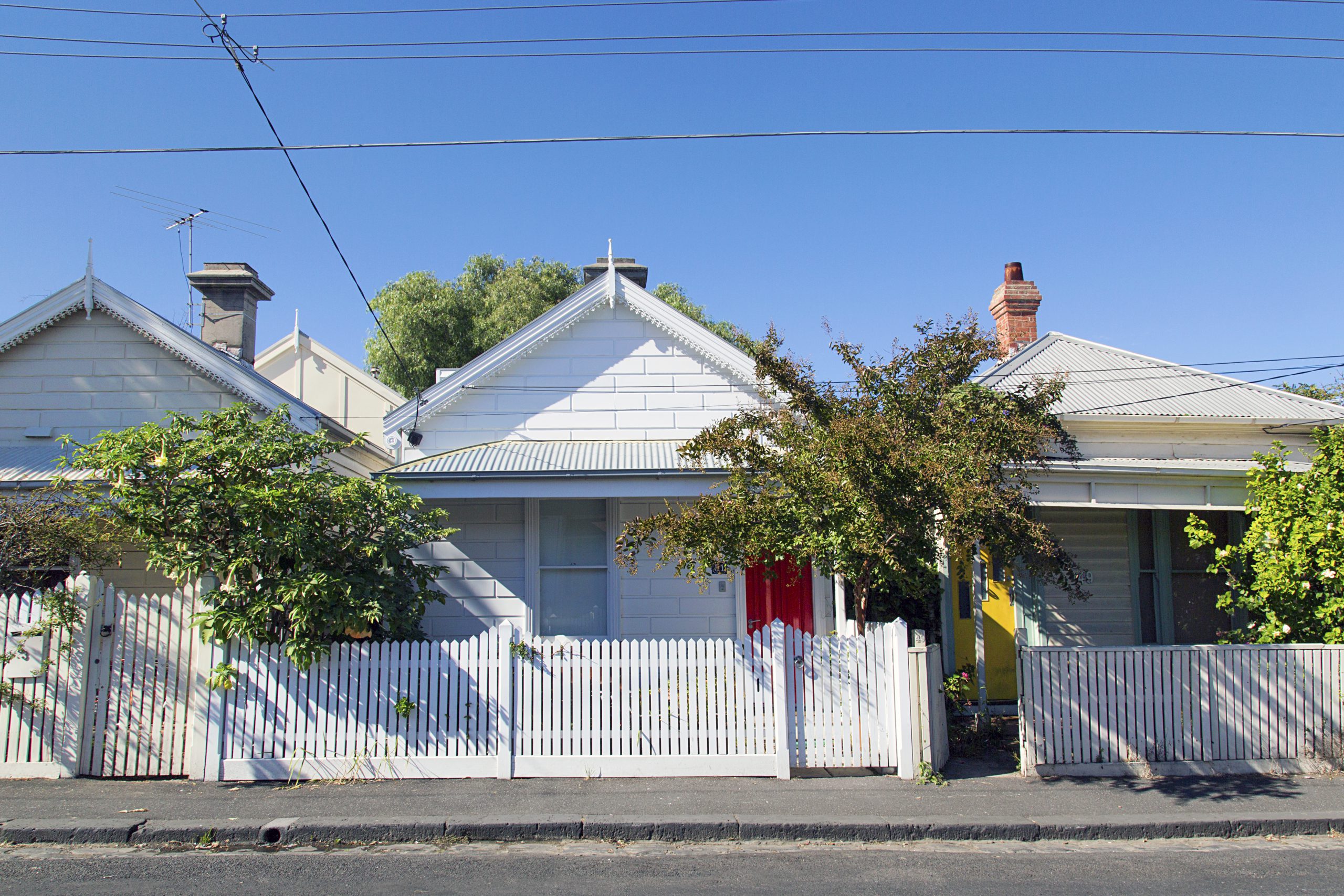
Every homeowner has a theory about what their property is worth – it’s a universal truth largely based on local media headlines, a smattering of online ads, a chat with friends and a personal assessment of the market mood.
And when the good times roll, as they are right now, it’s fun to think how much money you’d make if you sold today.
But this ignores the reality that, firstly, you’ll have to purchase another home in a rising market, and that the true value of your home is not decided by a market “vibe” or the opinions of your mates, but by an eventual buyer.
Relying on internet portals can also be problematic as there can be a gap between the asking price promoted on real estate websites and the eventual size of the deal.
Getting the help of an industry expert in the form of a real estate agent you trust can be key. We spend our working lives at the coalface of the property market, and we have a host of data sources to identify and understand local price trends that we’re happy to share through a free property market appraisal.
But if you’re just kicking around the idea of selling at the moment, maybe you’re not ready for that conversation. So below is a quick list of ways in which you can gauge the value of your home with a degree of accuracy.
- Check-out the prices of homes similar to yours that have been sold in your suburb recently. At minimum, they need to have the same number of bedrooms. They won’t be carbon copies so they’ll only provide an approximation. Find three homes to compare against, otherwise your assessment will be a little flaky. If a property has a pool and yours doesn’t, don’t count it in.
- You might bust out your calculator and see if you can work out the price per square metre that properties are selling for locally. That’s a pretty good gauge, especially if you’ve found three properties similar to yours that sold recently.
- Build into your equation and the age, size and location of your home, too. If you’re near local shopping, good schools or a popular café spot, then buyers may pay a premium. Unfortunately, it’s impossible to know what that might be until you test the market.
- Are you in a buyer or seller’s market? If you are thinking of selling when buyers have a big choice, your price is going to come under pressure. Supply and demand plays a big role in determining price, and it can swing from abundance to drought in just a few weeks.
- If all this sounds like a hassle, you can request a free market appraisal from your preferred local agent. This can include not just a written report but a walk through and advice on the best way to prepare your home for sale to maximise the final price.
